First: Rajiv Mohabir’s The Taxidermist’s Cut

Indo-Caribbean poet Rajiv Mohabir on his debut collection and using language as identity and resistance while “feeling trapped inside a puzzle of ancestry.”
Jump to navigation Skip to content
Articles from Poet & Writers Magazine include material from the print edition plus exclusive online-only material.

Indo-Caribbean poet Rajiv Mohabir on his debut collection and using language as identity and resistance while “feeling trapped inside a puzzle of ancestry.”
With so many good books being published every month, some literary titles worth exploring can get lost in the stacks. Page One offers the first lines of a dozen recently released books, including Maylis de Kerangal’s latest novel, The Heart, translated from the French by Sam Taylor, and A. Igoni Barrett’s debut novel, Blackass, as the starting point for a closer look at these new and noteworthy titles.
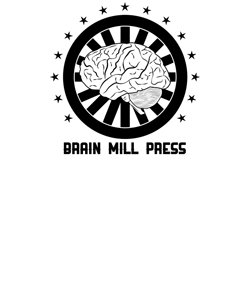
Small Press Points highlights the innovation and can-do spirit of independent presses. This issue features the Green Bay, Wisconsin–based Brain Mill Press, a new house committed to publishing writers of color, LGBTQ writers, and women.

With some help from Virginia Woolf, an author and Bread Loaf Camargo fellow discusses the complicated decision to leave her family for a month in order to attend a retreat in Cassis, France, and the necessity of finding one’s own space to create.

Can the publishing industry’s traditional business model compete with today’s marketplace? The president of a technology advisory firm and self-published author tries to answer that question through an analyst’s lens. Literary agent Cynthia Zigmund and publicist Rob Nissen weigh in.
With submission managers like Submittable transforming the ways in which writers submit their work to publications, new online offerings like Literistic are streamlining the process even further. But could the shift to digital-only submissions have a negative impact on the culture of publishing?

BuzzFeed’s newly minted executive editor of culture discusses his new position at the media company, and his goals for the recently launched BuzzFeed Emerging Writers Fellowship.
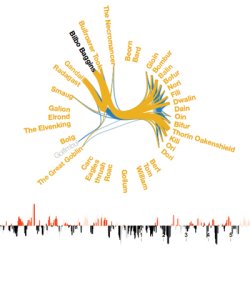
In their analysis of three classic texts, two UC Berkeley Neuroscience PhD candidates created an interactive visualization of the emotional relationships between each book’s cast of characters.
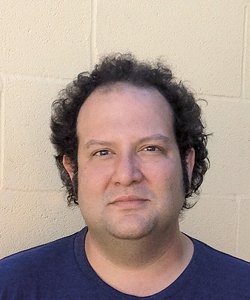
The latest installment of Reviewers & Critics features Michael Schaub, an incisive—and hilarious—literary critic and former Bookslut contributor.
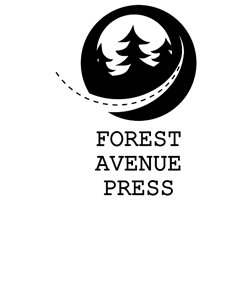
Small Press Points highlights the innovation and can-do spirit of independent presses. This issue features the Portland, Oregon–based Forest Avenue Press, a boutique house that publishes just three titles per year, all focusing on “a desire to investigate a subject and to bear witness.”
Literary MagNet chronicles the start-ups and closures, successes and failures, anniversaries and accolades, changes of editorship and special issues—in short, the news and trends—of literary magazines in America. This issue’s MagNet features the Freeman’s, Verse, Masters Review, and Ploughshares.

The Asian American Writers Workshop rings in its twenty-fifth year at the forefront of the movement to diversify the publishing industry, and to provide advocacy, education, opportunity, and visibility to Asian American poets and writers.
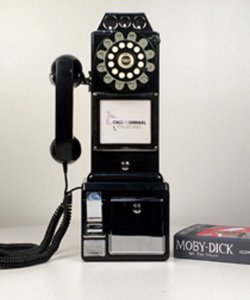
With an app, a website, and a fleet of rotary-style pay phones, the new interactive project Call Me Ishmael allows readers and book lovers to call the fabled sailor and leave him personal messages about their favorite books.
With so many good books being published every month, some literary titles worth exploring can get lost in the stacks. Page One offers the first lines of a dozen recently released books, including Sunil Yapa’s debut novel, Your Heart Is a Muscle the Size of a Fist and Mira Ptacin’s debut memoir, Poor Your Soul, as the starting point for a closer look at these new and noteworthy titles.

Our eleventh annual Debut Poets roundup highlights ten of the most exciting and inspiring first books of poetry published in 2015.

The Pushcart Prize, a venerable nonprofit award series and press, released its fortieth-anniversary prize anthology this month. On the eve of its release party, Poets & Writers staff looked into the history of the prize, and what has kept "one of the last bastions of non-corporate writing" alive and well over the years.

In the wake of the Charlie Hebdo massacre, a French scholar and literary translator discusses the need for translators to be well versed in intersectional knowledge of culture and history.
Frustrated by a reviewing culture that they found to be increasingly insular—and as such, less honest—two poets decided to create a safe new space for reviewers to write candidly—and anonymously—about new collections of poetry.
Literary MagNet chronicles the start-ups and closures, successes and failures, anniversaries and accolades, changes of editorship and special issues—in short, the news and trends—of literary magazines in America. This issue’s MagNet features the Black Warrior Review, Granta, the Asia Literary Review, the Burnside Review, and the Dark Horse.

Literary Arts executive director Andrew Proctor discusses the rebirth of Wordstock, and how the overhauled book festival will continue to highlight Portland, Oregon’s thriving literary scene.
With so many good books being published every month, some literary titles worth exploring can get lost in the stacks. Page One offers the first lines of a dozen recently released books, including John Irving’s Avenue of Mysteries and a translation of Liu Xia’s Empty Chairs, as the starting point for a closer look at these new and noteworthy titles.
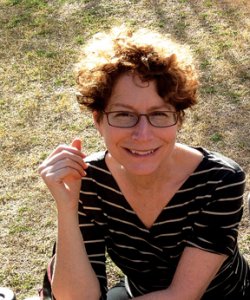
The agent of authors such as María Amparo Escandón and Joy Nicholson offers advice on query letters, editing, and what not to do when submitting a manuscript.

A young translator recalls attending the 2014 American Literary Translators Association conference, and her discovery of how deeply personal the craft of translation can be.

A successful self-published novelist talks about how he used his background in programing and knowledge of artificial intelligence to write and market his best-selling techno thriller series. Editor Jessica Page Morrell and publicist Jessica Glenn weigh in and give advice to burgeoning self-publishers.
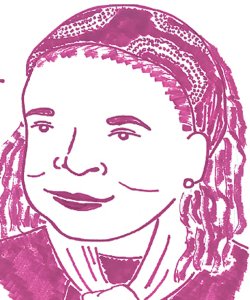
In her new book, illustrator Kate Gavino—author of the popular Last Night’s Reading blog—brings hundreds of literary readings to life by pairing illustrations of authors with selected quotes from each event.